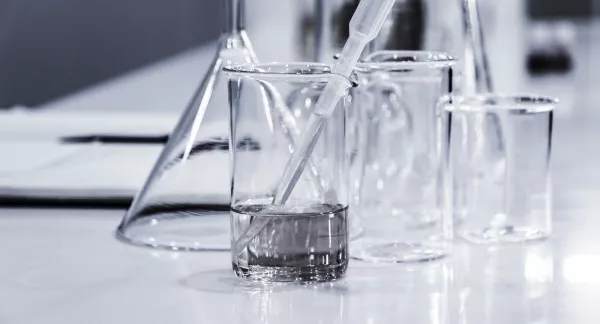
Application of Microbial Risk Assessment Techniques to Estimate Risk Due to Exposure to Reclaimed Waters - Phase I
Abstract
The potential transmission of infectious diseases by pathogenic agents is the most common concern associated with nonpotable water reuse. While several states have developed standards that include treatment process requirements and microbial and other water quality limits, no existing state regulations are based on risk assessment methodology. This has resulted in widely varying criteria among the states that have developed regulations and has raised issues and concerns (both real and perceived) by regulatory agencies, operating agencies, reclaimed water users, and the public in general related to the scientific basis of water reuse regulations and, hence, the public health protection afforded by existing regulations. Microbial Risk Assessment techniques can be used to better define relative health risks associated with exposure to reclaimed water. Through analysis of differing reclaimed water management scenarios and reuse applications, relative health risks may be compared. Relative health risks, using predictive models, can be compared to inform decisions about water reuse projects. The project assesses microbial risk to provide insight toward understanding the relative risks to human health associated with nonpotable water reuse applications.
Originally funded as WERF project Reuse-04-11.

